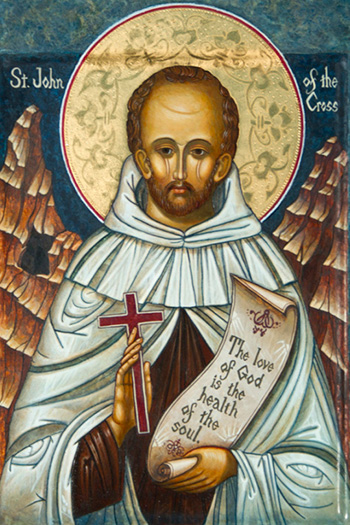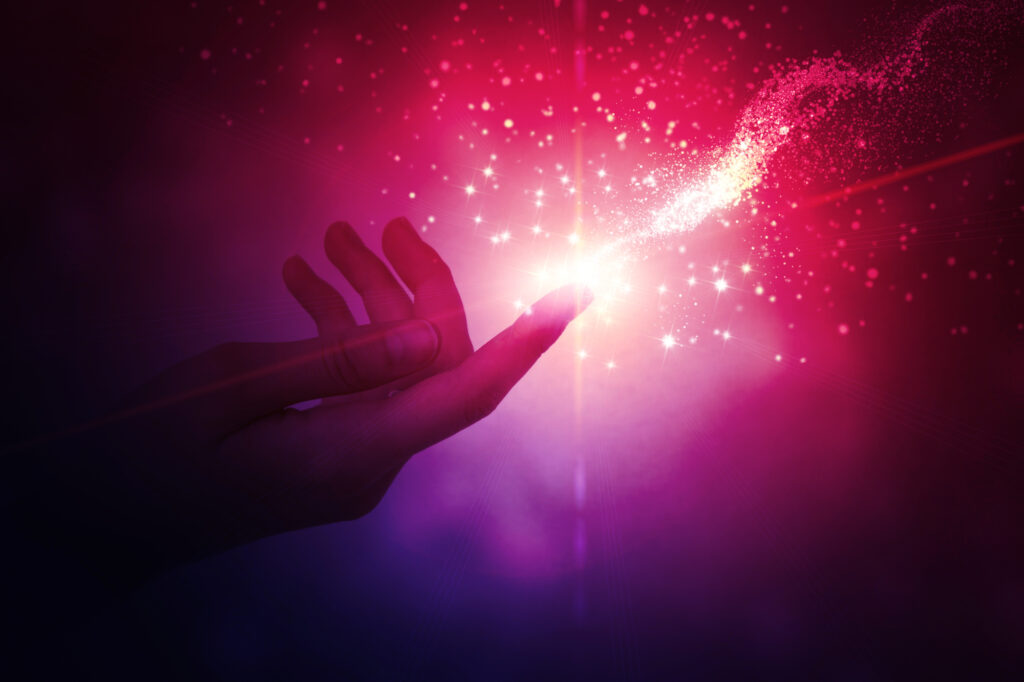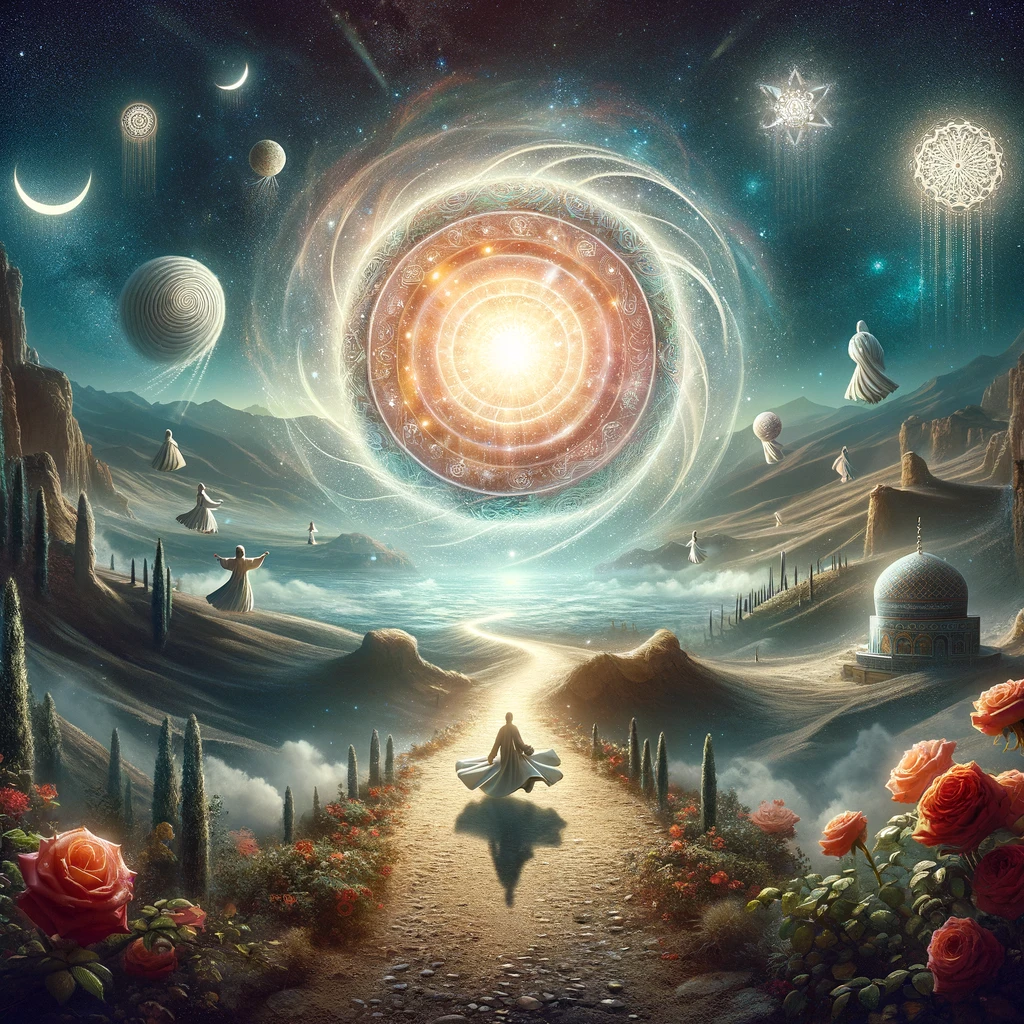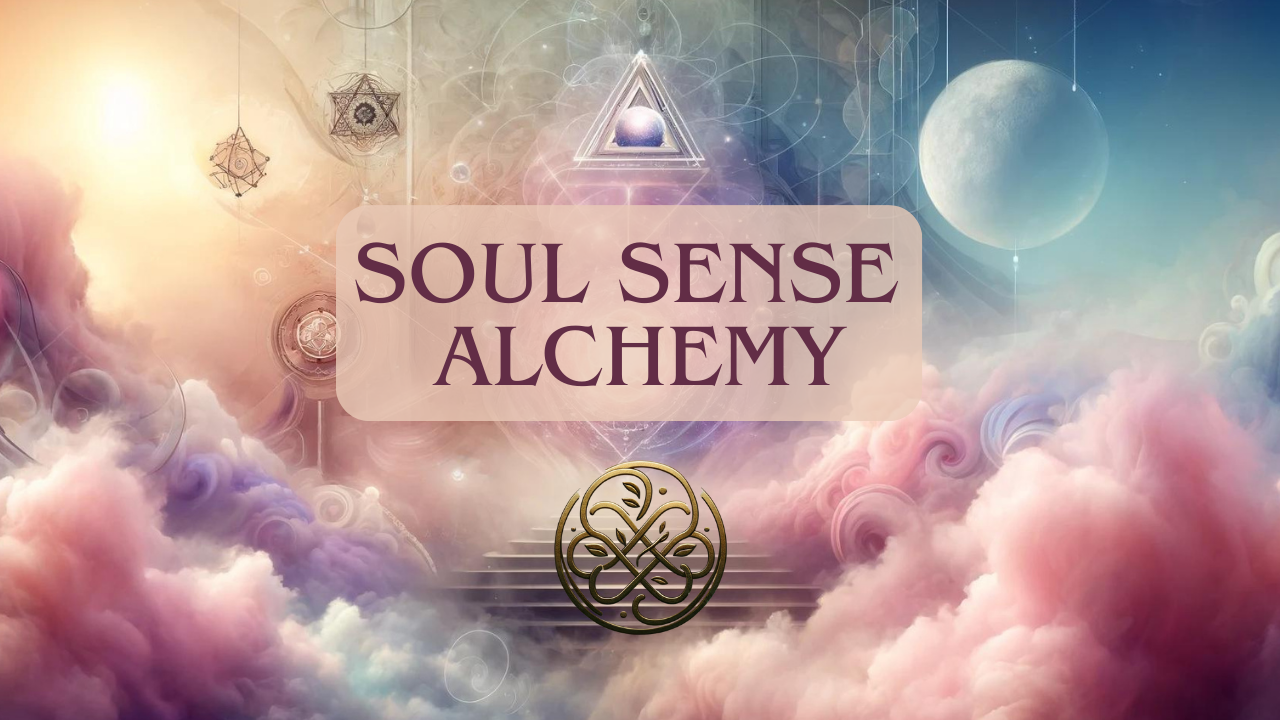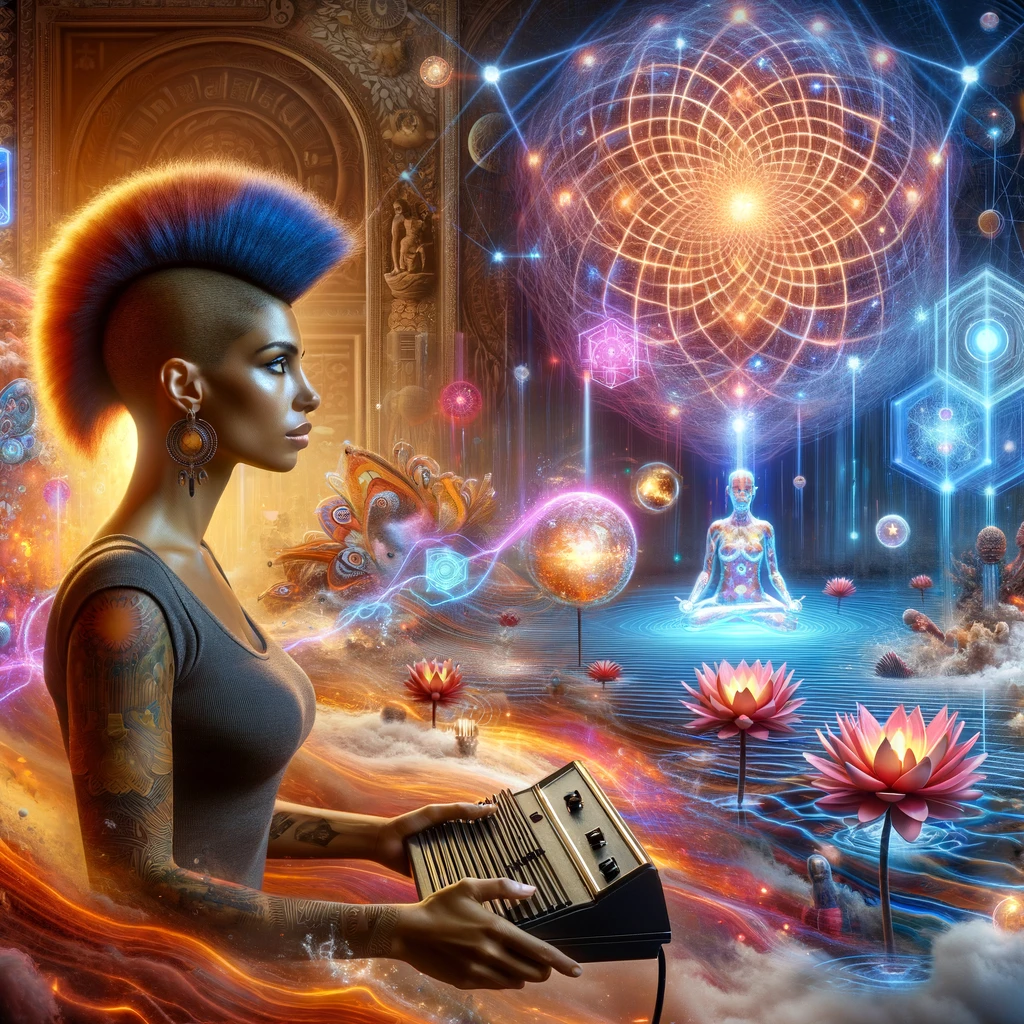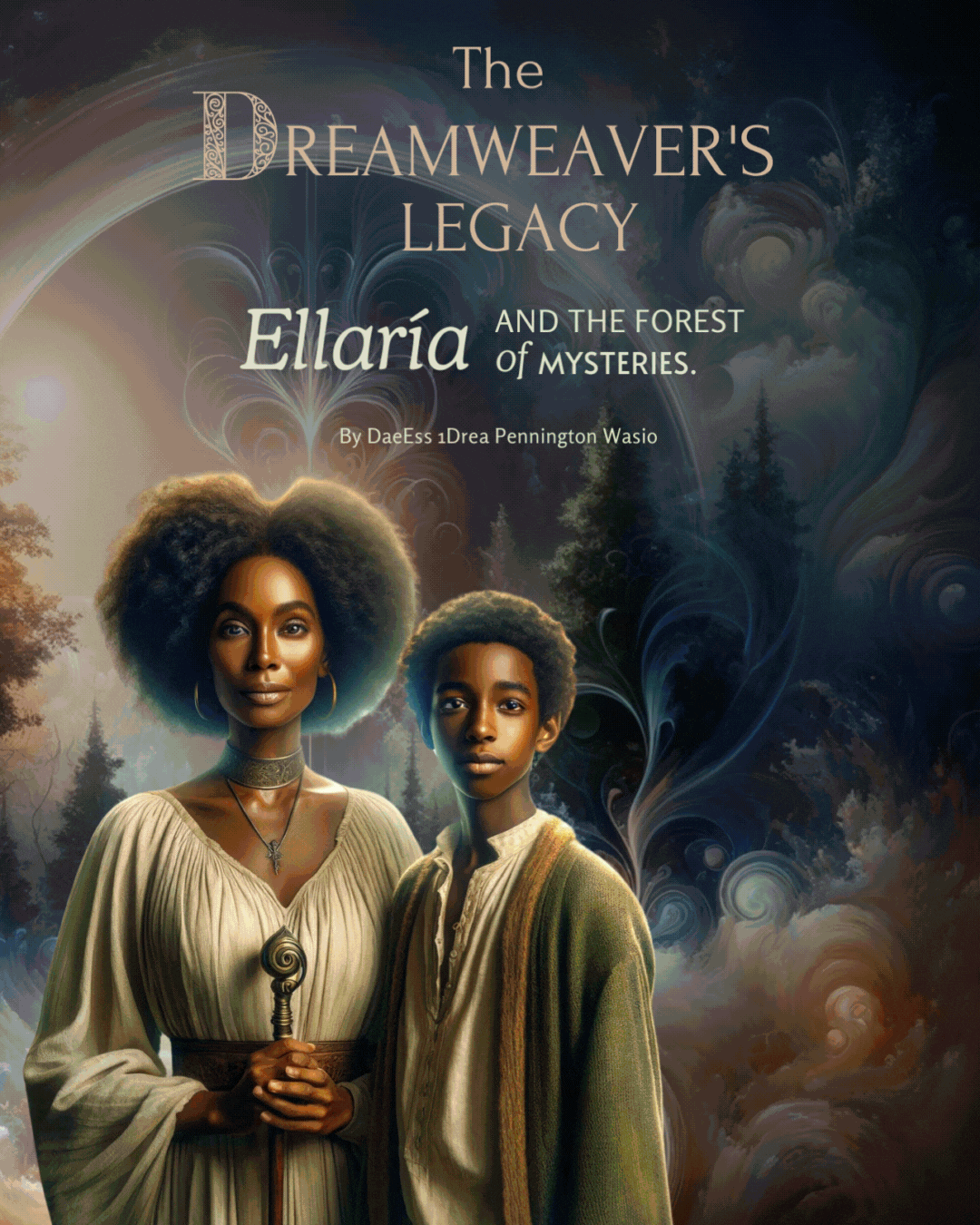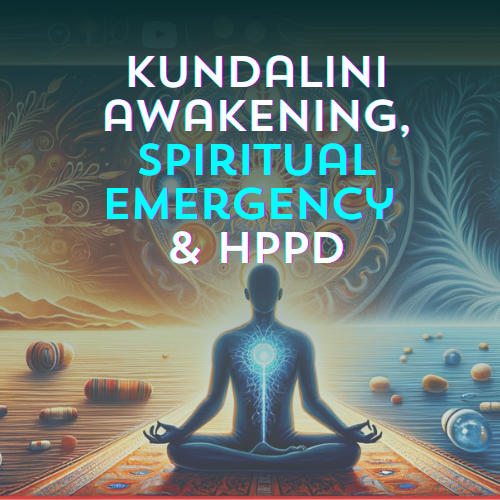When it comes to the human psyche, the journey of self-discovery and spiritual evolution often begins in the darkest corners. This transformational process is not exclusive to any one person or unique set of circumstances, but rather a universal human experience. It’s a phenomenon vividly encapsulated in the term ‘Dark Night of the Ego’. But what does this really mean?
The term ‘Dark Night of the Ego’ is a metaphor that draws inspiration from a 16th-century Spanish mystic and poet, San Juan de la Cruz (St. John of the Cross), and his poem “Noche Oscura.” The ‘Dark Night’ metaphor speaks to a profound spiritual crisis — a period of existential struggle when the ego, or self-identity, is drastically reshaped. It’s a tumultuous period that feels like an inner battle between darkness and light, despair and hope, ego and soul.
San Juan de la Cruz’s poem, “Noche Oscura” (translated as “Dark Night”), has long been interpreted as a representation of the dark night of the soul. However, a closer examination of the poem’s themes and imagery reveals a compelling argument that it is more about the dawn of the soul than a journey through darkness.
Let’s look at the original poem.
Noche oscura
by San Juan de la Cruz , translated by Eric Rosenbloom, copyright 1999.
In a dark night,
With longings fired in love
— O happy fate! —
I went unnoticed,
While my house was calm.
In darkness, certain,
By disguised and secret ladder
— O happy fate! —
In darkness, concealed,
While my house was calm.
In happy night,
In secret, that nobody saw me,
Nor I anything,
No light and guide
But what in my heart was burning.
It guided me
More surely than the midday light
To where he waited,
Who well I knew,
There where no one appeared.
O guiding night!
O night more kind than break of day!
O night that joined
Love with love,
Love in her lover transformed!
On my flowering breast
All kept for him alone —
Left sleeping there —
And I gave myself,
And the cedars gave the air their smell.
The scent of his brow
When I spread his hair,
His calm hand
Hard on my neck,
And all my senses suspended.
I lost myself,
I lay my face against my love,
Everything stopped,
My cares were left
Between the lilies all forgotten
The Dawn of the Soul
Now let’s explore how “Noche Oscura” aligns with the concept of the soul’s emergence and transformation rather than its descent into darkness.
Section 1: Dissolving the Ego
In the opening lines of the poem, the speaker describes a journey into a dark night. Traditionally, this has been interpreted as the dark night of the soul, a period of inner turmoil and despair. However, consider that this darkness may symbolize the dissolution of the ego, the shedding of old identities and attachments. This aligns with the idea of the caterpillar dissolving within the chrysalis before emerging as a butterfly.
Section 2: Inner Alchemy
As the poem progresses, the San Juan mentions being guided by an inner light and love, much like the caterpillar’s imaginal cells orchestrating its transformation within the chrysalis. This inner guidance reflects a process of inner alchemy, where the soul’s wisdom reorganizes and forms a new sense of self, just as the imaginal cells blueprint the butterfly’s structure.
Section 3: The Emergence
The culmination of the poem is a celebration of the “dawn of the soul.” This suggests that the darkness described earlier is not a state of despair but rather a necessary phase preceding the soul’s emergence. The emergence of a butterfly from the chrysalis is used as a metaphor for the individual’s rebirth into a new life, one characterized by authenticity, self-love, and purpose.
Conclusion:
While “Noche Oscura” has often been interpreted as a representation of the dark night of the soul, a more nuanced reading reveals its alignment with the concept of the dawn of the soul. The poem takes us on a journey of dissolution, inner alchemy, and ultimate emergence, much like the transformation of a caterpillar into a butterfly. It serves as a powerful metaphor for the transformative journey towards authenticity and self-realization, shedding light on the possibility of renewal and rebirth in the midst of perceived darkness.
